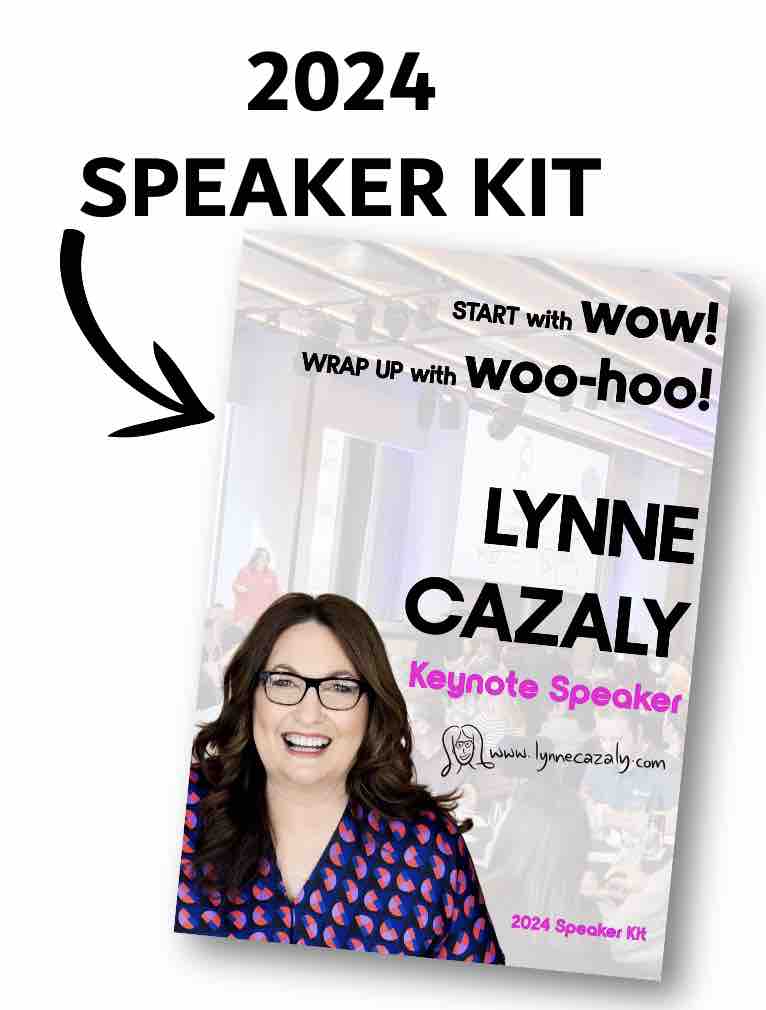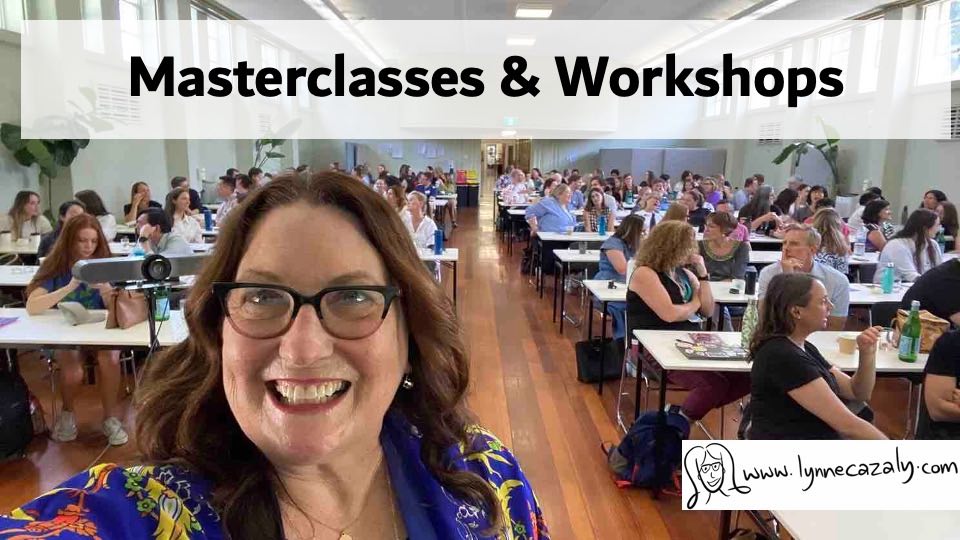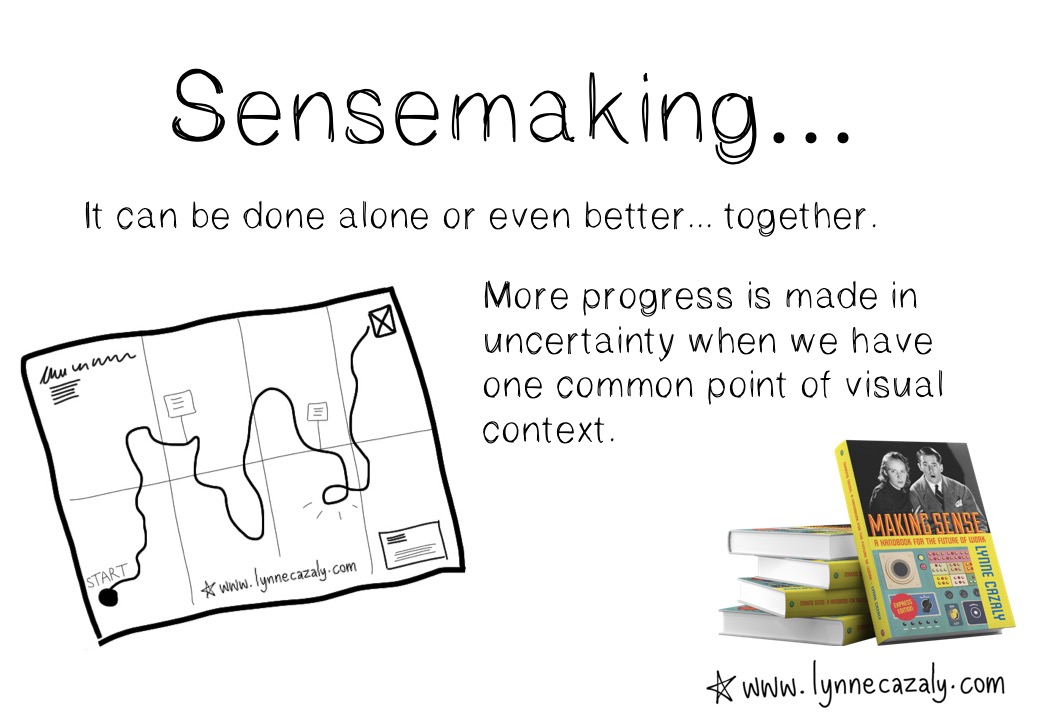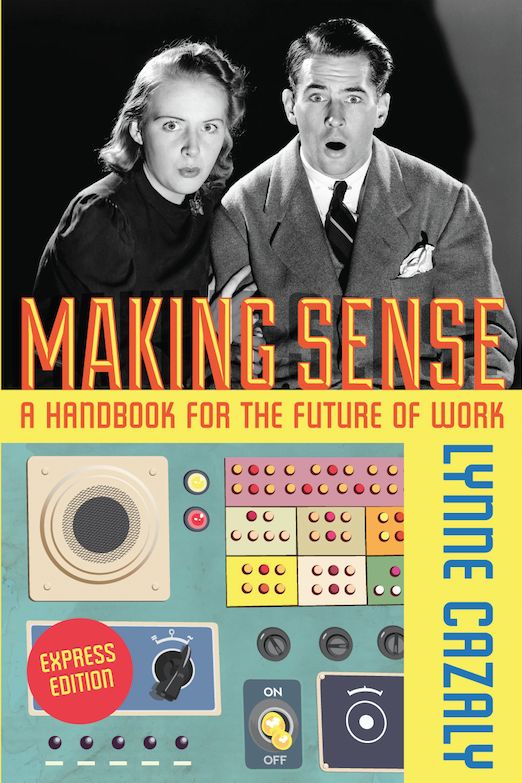Minds in a fog
 Thursday, May 14, 2020 at 2:03PM
Thursday, May 14, 2020 at 2:03PM 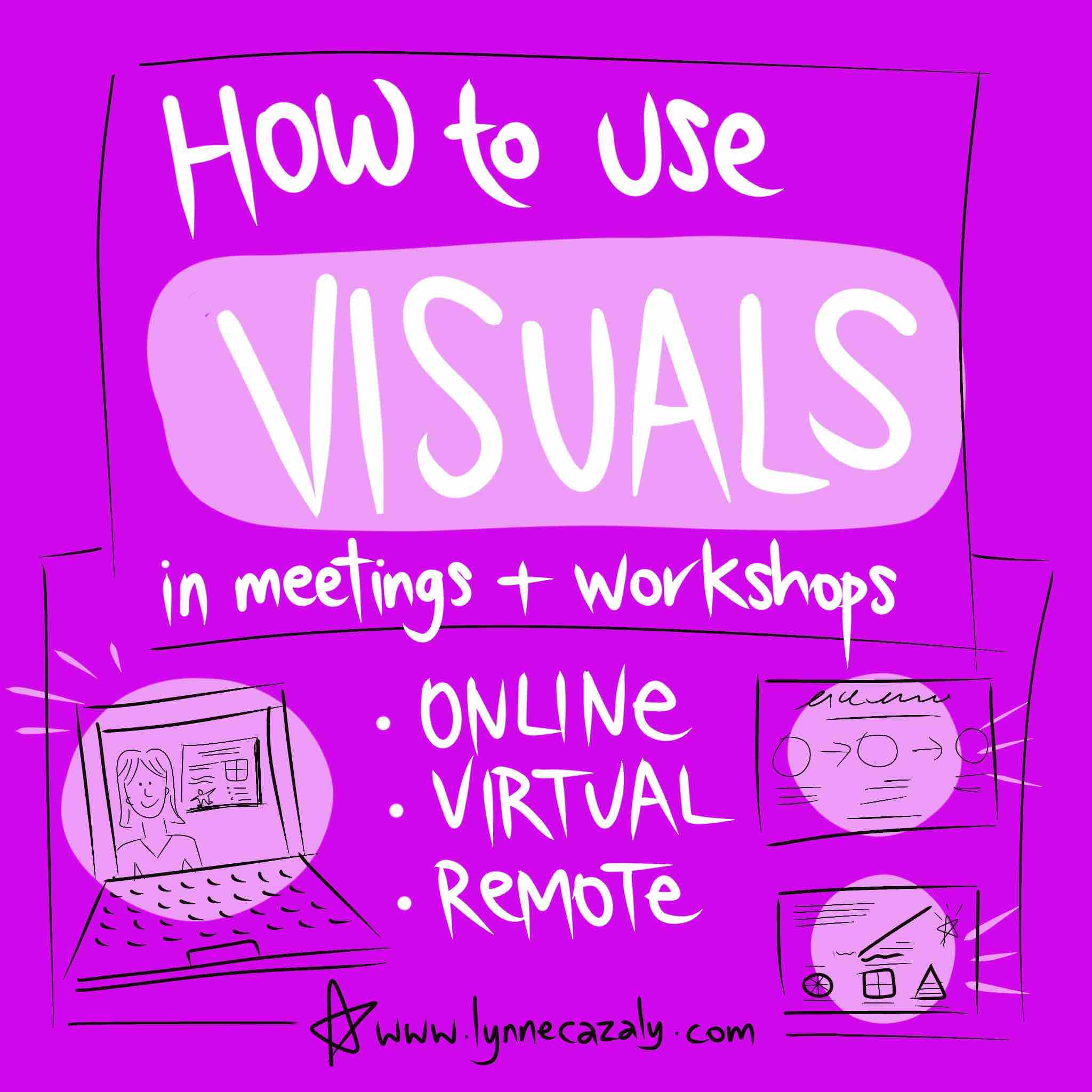 If you had to get a lot of information across to someone... how would you do it? If you had to explain a complex thing or a detailed project or the purpose of something, how would you do that?
If you had to get a lot of information across to someone... how would you do it? If you had to explain a complex thing or a detailed project or the purpose of something, how would you do that?
We usually start with words, the verbals. Now that many more of us are in online training, meetings and workshops more frequently, it’s becoming clear we need to use tools that go beyond the ‘blah blah’ of talk.
Many of us are experiencing a kind of brain fog. It’s not a normal communication situation. Many people have already done my 90-minute online workshop, where I show you plenty of options and ideas for bringing more visuals to help convey information.
It’s available as a tailored session with your work team too. ‘How to use visuals in workshops and meetings’ doesn’t require you to be an artist, but it does get you doing something a little new.
The impact, engagement and influence you’ll gain will be worth it.

